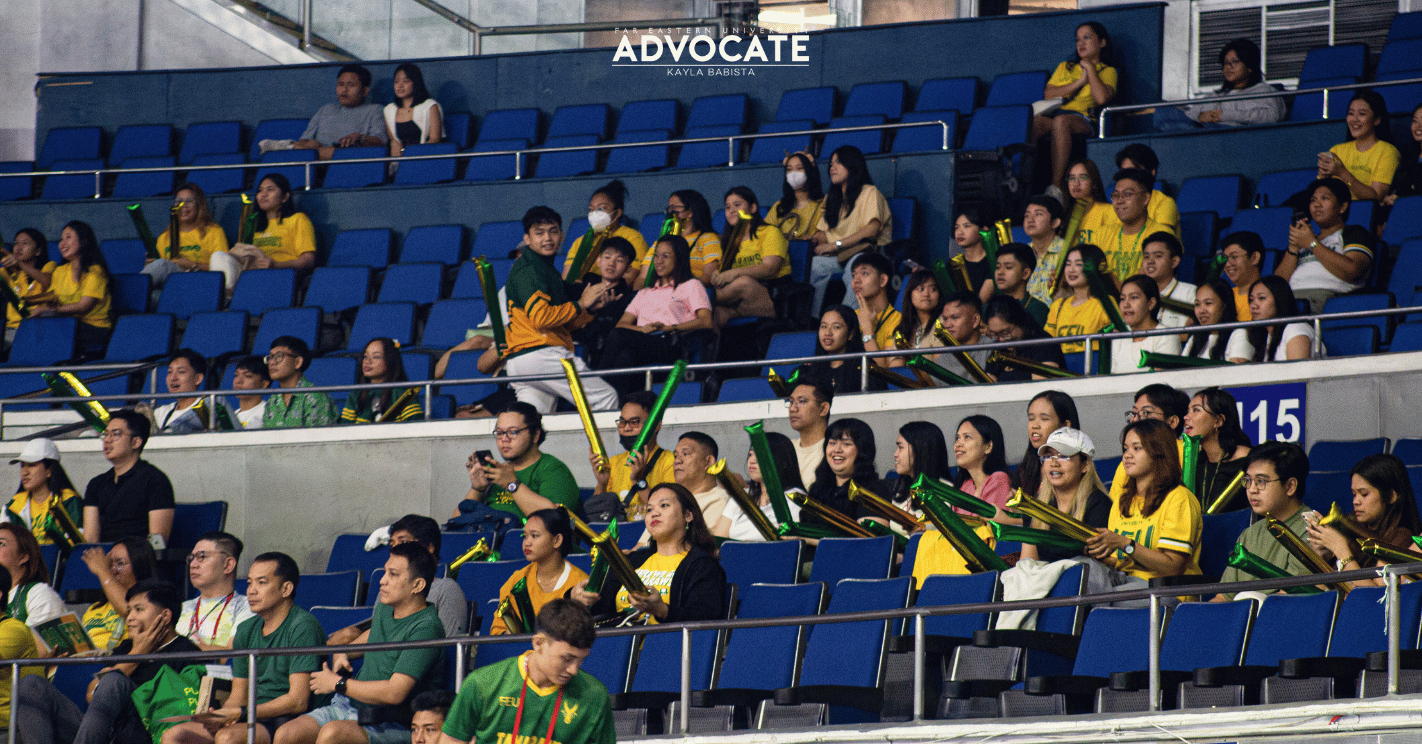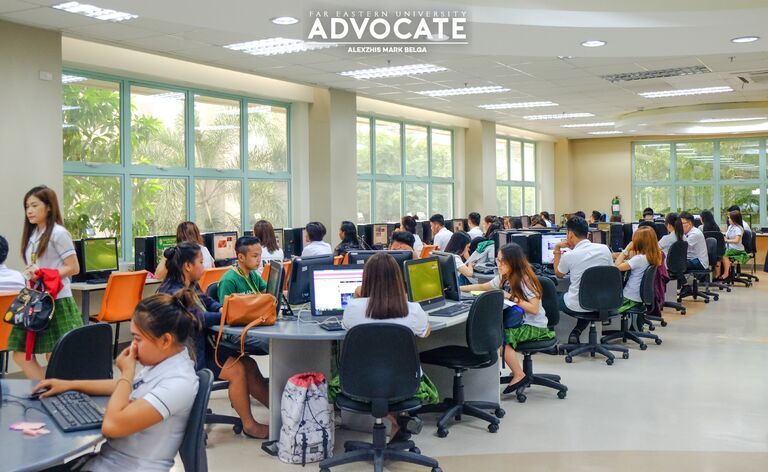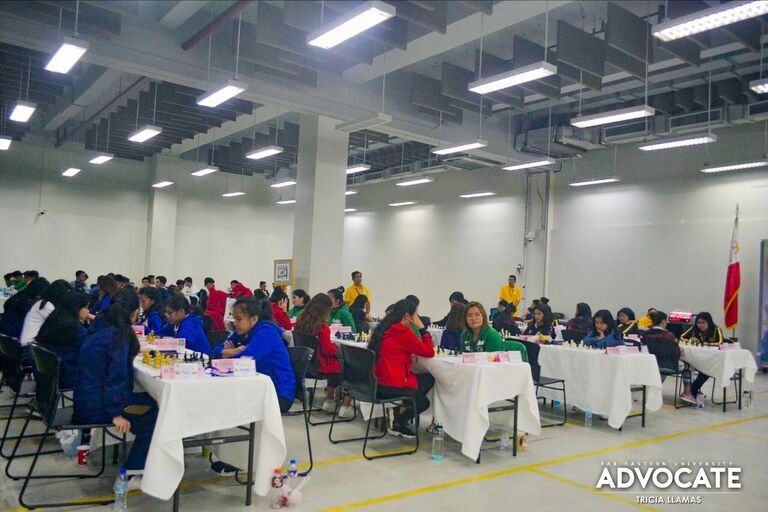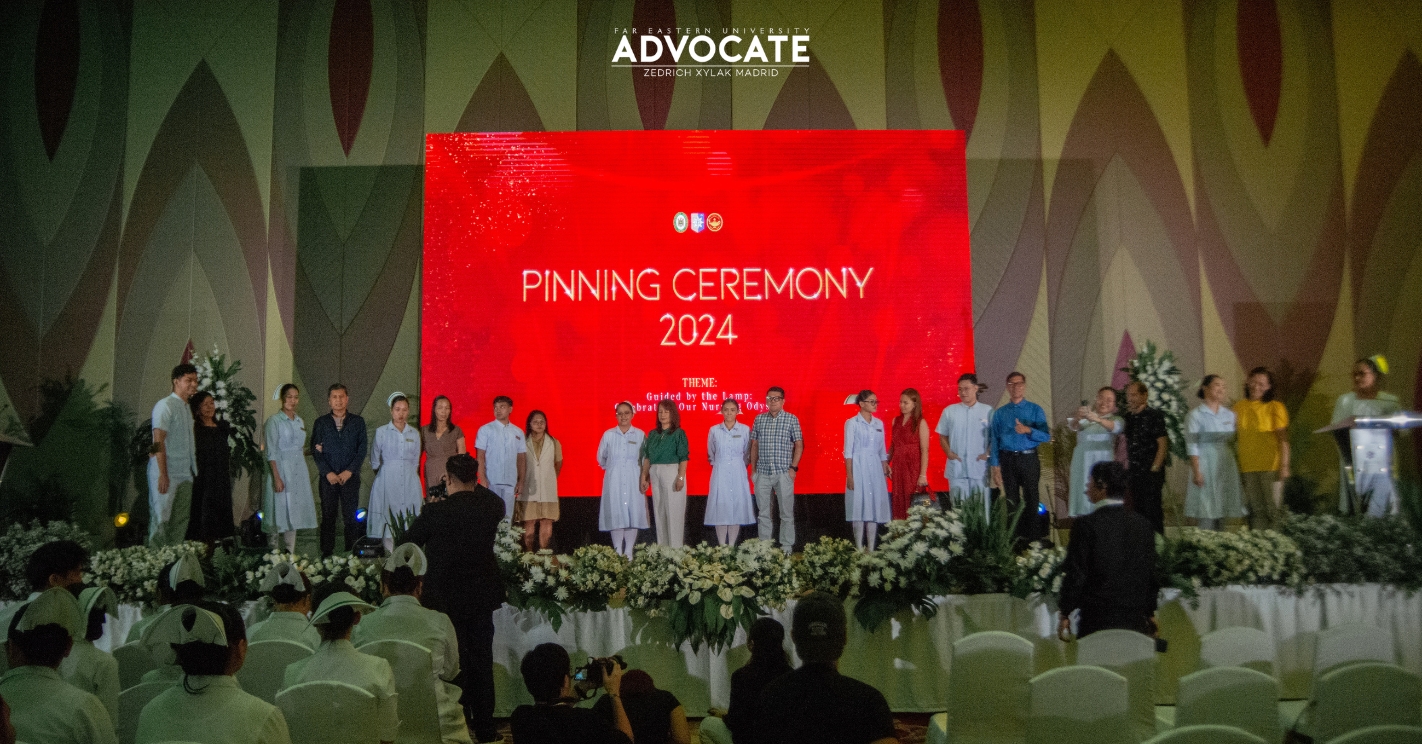
FEU succumbs to DLSU’s pressure defense
- October 01, 2023 10:48
FEU Advocate
October 22, 2025 14:11
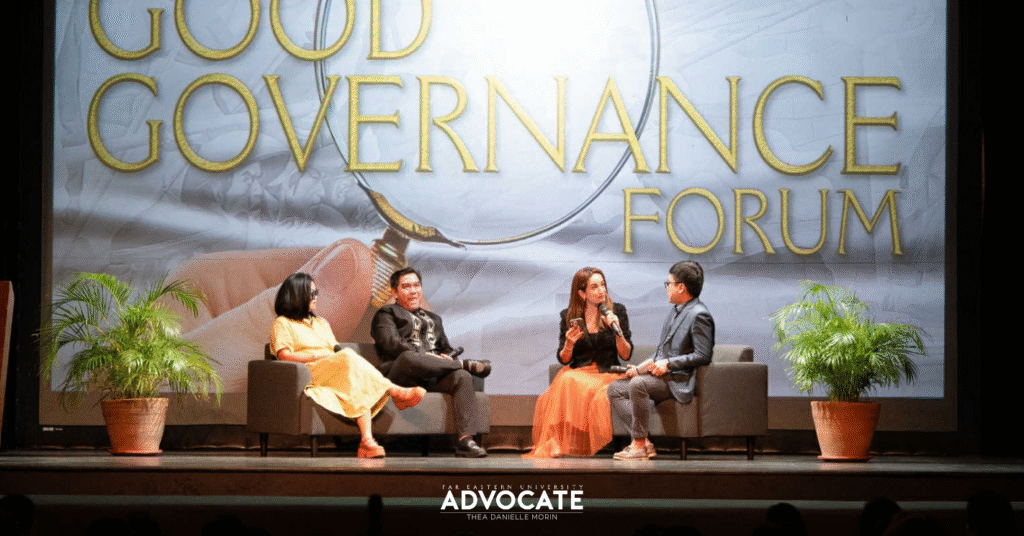
By Shayne Elizabeth T. Flores
Underlining the slow progress of the investigation into the corruption surrounding flood control projects, political experts and advocates encouraged Far Eastern University (FEU) students to take proactive measures in seeking accountability during the Good Governance Forum at the FEU Auditorium last, October 20.
In his opening speech, Academic Standards Office Senior Director Joseph Rivera Jintalan noted that the event is an important part of the University’s curriculum, challenging students to go beyond theory and apply principles to current societal issues.
This is in light of the ongoing investigation into the inconclusive probes on the anomalous flood control projects under the Department of Public Works and Highways, with involved public officials yet to be indicted.
“This conversation is especially timely as our nation grapples with investigations into corruption in major flood control projects. Our hope for this forum is not only to sharpen understanding but to empower action,” he said.
Through the forum, FEU aims to empower and push students to consider themselves as part of the solution, be critical, and actively participate in civic affairs.
Among the guest speakers during the forum’s first session were former FEU Institute of Law (IL) Dean Atty. Melencio Sta. Maria, Ateneo Human Rights Center Executive Director Atty. Nicolene Arcaina, and Right to Know, Right Now (R2KRN) Coalition Co-convenor Malou Mangahas.
In his speech, Sta. Maria highlighted the link between public office and public trust, defining public officials as public properties that are rightfully subject to criticism.
“Sabi rin ng Korte Suprema, public officials are property of the public… Kaya tayo, patuloy tayong mambatikos, patuloy tayong mangpuna, patuloy tayong magpaalala sa kanila (As the Supreme Court says, public officials are property of the public. That is why we should continue criticizing and pressuring them),” the former IL dean stated.
While the experts acknowledged Filipinos’ growing rage and opposition in online platforms, they stressed the importance of translating such pleas into actions.
“I am not discounting ‘yung talent, ‘yung creativity, ‘yung expertise ng ating mga kabataan kasi we all know for a fact na ang dami niyong maitutulong. Pero hindi nga puwedeng keyboard warriors tayong lahat… I think, precisely, ‘yung inyong kapasidad, baka puwedeng i-stretch… i-expand nang unti dahil kung galit lang, walang [ma]pupuntahan (I am not discounting the youth’s talent, creativity, and expertise because we all know for a fact that you have so much to contribute. But we should not be mere keyboard warriors. I think your capacity could be stretched more because rage alone will not lead anywhere),” Mangahas remarked.
Similarly, Arcaina emphasized that online awareness is only useful to a limited extent, hence the need to direct it to palpable channels to effectively challenge the government.
“The things we do online and post online become productive when we take them offline. Kasi ‘yung gobyerno… they benefit from the system… but the only time that they get scared… is if the people own that system or reclaim the system by action,” she noted.
According to Mangahas, aside from participating in mass mobilizations, students can help in investigating and keeping track of government records to encourage transparency.
She added that this form of citizen reporting can be helpful in further uncovering ‘ghost’ and substandard projects across the country, which can help in building a stronger case against corrupt officials.
“We have to start churning out our own storyline, our own narratives. Hindi ‘yung makikinig lang sa Senado… mahalaga na sariling sikap… At sa susunod na mga halalan, bumoto ng mga tamang tao (We should not only listen to Senate and Congress hearings, but take proactive initiatives as well. We should also vote wisely in the next elections),” the R2KRN co-convenor claimed.
Moreover, Arcaina highlighted the significance of classroom and group discussions such as the FEU Good Governance forum in cultivating student participation in good governance.
“Pag-isipan niyo within the student government, within your blocks, within your course, organizations, ano ‘yung puwede nating gawin? Ano ‘yung kailangan? At ano ‘yung maiaambag namin base kung nasaan ako, as students (Within the student government, your blocks, courses, and organizations, reflect on what you can and need to do based on where you are right now as students),” she expressed.
Philippine Political Science Association President Dr. Reynold Agnes was supposed to partake in the discussion, but could not attend due to an emergency.
On the other hand, the afternoon forum’s afternoon session was headed by The Outstanding Women in the Nation’s Service Awardee for Courageous and Honest Journalism Jamela Alindogan, Public Interest Lawyer Atty. Jesus Falcis III, and University of the Philippines - Diliman Center for International Studies Professor Sarah Jane Raymundo.
(Photo by Thea Danielle Morin/FEU Advocate)



